Summary
- Jinwoo’s use of Shadow Extraction raises ethical questions due to enslaving defeated foes’ souls.
- Shadows may retain elements of their former selves but willingly serve Jinwoo, prompting moral debate.
- The debate on forced servitude and moral implications in Solo Leveling is left open-ended for readers to reflect on.
Shadow Extraction is one of the most interesting abilities in Solo Leveling, but is it morally wrong to employ it? The implications of this powerful skill are dubious at best, and sinister at worst. What exactly is Shadow Extraction? For that matter, what is a shadow?
Is Jinwoo snatching up souls at the end of every tussle, or are the beings he holds under his command more of an echo of what was? With Jinwoo seemingly becoming more detached as he grows his strength and army, it makes one wonder if the distinction even makes a difference to the unprecedented hunter. Is the star of Solo Leveling a true necromancer?
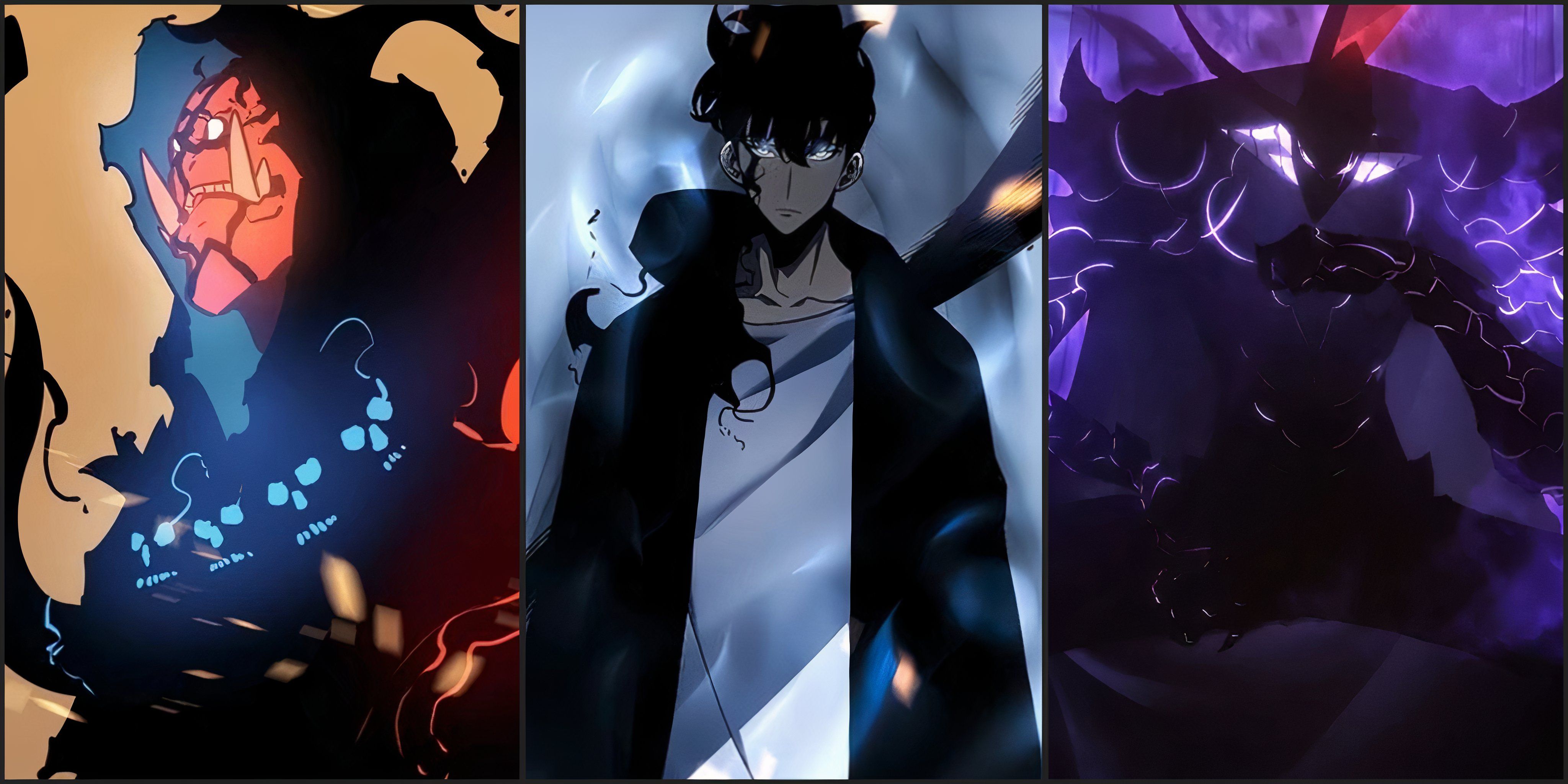
Related
Solo Leveling: Every Major Shadow Of Sung Jinwoo, Explained
Sung Jinwoo has aquired some very powereful shadows. These are his strongest in Solo Leveling, so far.
Every Named Shadow in the Anime So Far
|
Igris |
Shadow of Blood-Red Commander Igris |
|---|---|
|
Tank |
Shadow of the Ice Bear Leader |
|
Iron |
Shadow of Kim Chul, A-Rank Hunter |
|
Tusk |
Shadow of Kargalgan, High Orc |
|
Kaisel |
Shadow of Kaisellin, Wyvern |
When Sung Jinwoo first obtained the Necromancer job class at the end of season two, he seemed surprised, dismayed even, at the prospect of earning such a macabre title. After putting so much time into developing his assassin build, he was even ready to deny the transition. After deciding to take the gamble, the hunter was more than pleased with the feats his new skills could accomplish.
From then on, Shadow Extraction has been a key factor in his success. How could anything else be the case with such a frightening power? The ability to force nearly any defeated foe to bend the knee can only be rivaled by few, and Jinwoo’s forces continue to grow after every battle. It’s the perfect tool for one so determined to work alone. Could wielding such a power really be ethical?
The Ethics of Necromancy
The argument could be made, of course, that (almost) every shadow Jinwoo has obtained has come from an enemy who had attacked with the intention to kill. It’s not as if Sung is chasing down opponents that have no wish to fight. That being said, to repay death with its like is one thing, but enslaving the soul of a foe goes a step beyond that. Whether these captured shades really are what we would call a soul is the real question. While their forms are sustained by Jinwoo’s mana, what are they really?
If the shadow army’s ranks were limited to undead monsters, perhaps the answer would be more opaque, but once Jinwoo began extracting from humans, one can only wonder what sort of dark magic is at play. Is Jinwoo merely constructing a complex copy of these beings, or is he truly capturing their essence? Anime-onlys may want to skip to the end to avoid spoilers.
Will you let your sword rust in this crumbling ruin, or will you rise above that fate and serve me?
Refusing the Call
The first time Jinwoo suffers difficulty in acquiring a shadow is with the extraction of Igris. While this could be chalked up to his relative inexperience, Jinwoo is able to convince the fallen knight to submit to his authority by appealing to the commander’s desire to serve. This implies that those being extracted from may or may not want to rise under the Shadow Monarch‘s command. Later, when Jinwoo attempts to summon Min Byung-Gyu, the healer resists his call despite Sung’s abilities being more than adequate for the task.
After repeating the extraction successfully, Min’s personality shines through when he immediately takes care of Cha Hae-In. After Baek Yoonho makes an earnest request for Jinwoo to keep the healer’s shade off the battlefield, Sung terminates the extraction. This show of empathy highlights Jinwoo’s kindness, but does that make the continued use of this skill right? When Byung-Gyu’s spirit visited Cha, he even stated that he was no longer himself once pulled from the darkness. That he was reborn as a slave. What does this mean for the other shadows that weren’t released back into the ether?
Forced Servitude
Byong-Gyu also admitted that for the brief time his spirit was under Jinwoo’s control, he felt happy. Despite retaining his sense of self, he felt a strong sense of fealty toward his new master. He called it frightening. While the other shadows don’t seem at all bothered by their predicament, is what they feel true happiness? Beru might be the first to shout his love for his liege from the rooftops, but would those feelings truly be his own, or just what the power enslaving him wants him to believe?
Sung doesn’t treat his subjects poorly, but he does treat them as underlings. A benevolent master is still a master. Would such powerful beings truly be content in their servitude if given the choice to leave? They definitely didn’t seem too fond of Jinwoo while they were alive, after all. When he resets the world, Sung’s human shadows return to their former living selves, all but confirming that it is in fact souls that are being collected by the Shadow Monarch. Sung Jinwoo uses his power to protect others, literally saving the earth, but does the end justify the means?
Tipping The Scales of Judgment
This debate is not one that can be settled within one article. The implications of capturing the soul of another without consent are obvious, but due to the nature of Jinwoo’s circumstances, it’s a tricky subject to cast judgment upon. Nothing is ever black and white. The world is made up of shades of gray, and that includes the one depicted in Solo Leveling. When a story leaves you walking away with difficult questions like this one, it’s a mark of a tale well told.
It’s fortunate that so many enjoy this story in all forms, meaning there is no lack of people to hold discussions with over this and any other facets of the novel and its adaptations. In fact, readers are encouraged to comment below this article and share their own thoughts. Morality is in its very nature debatable, so why not get down to brass tacks together?
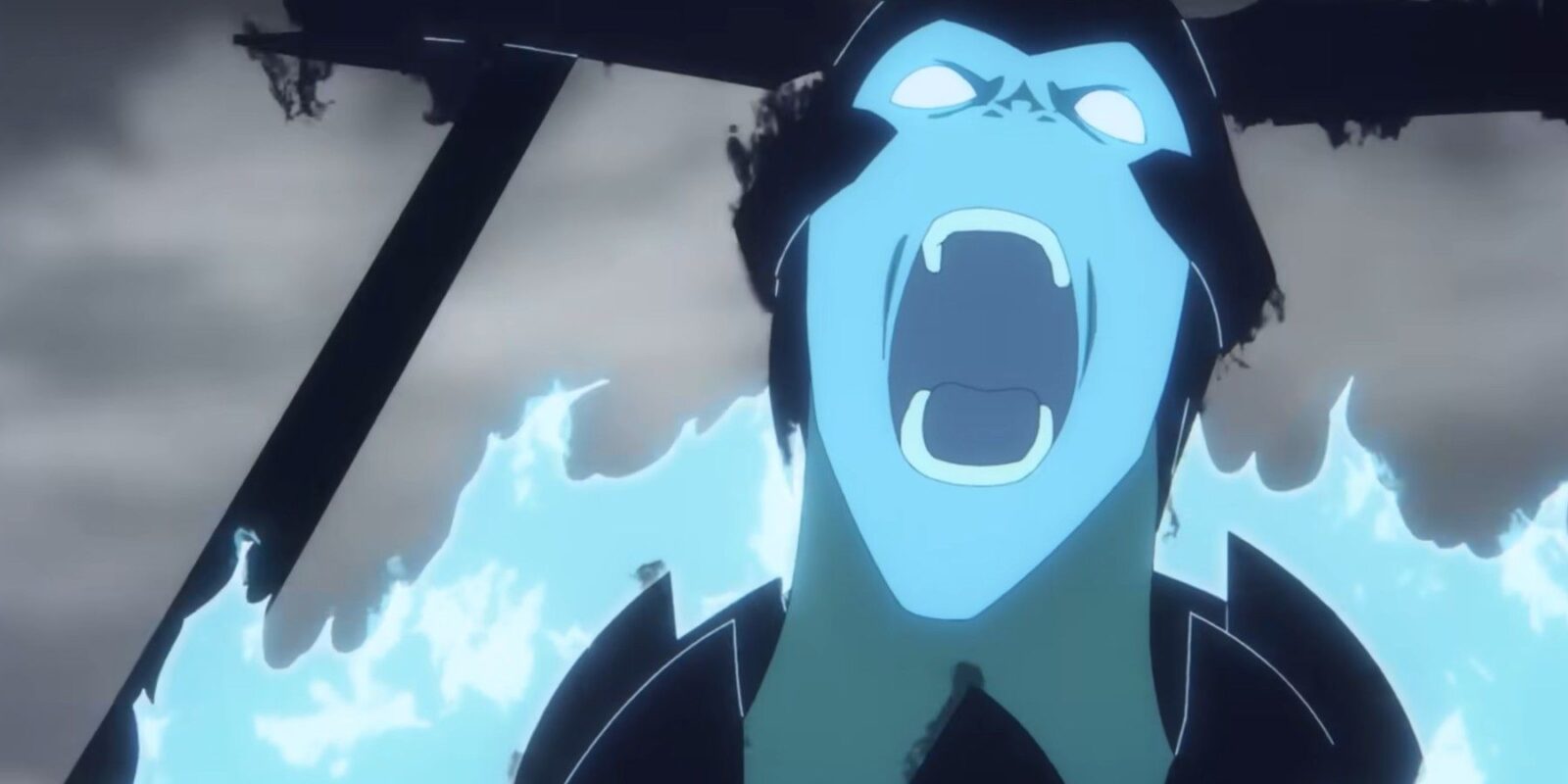


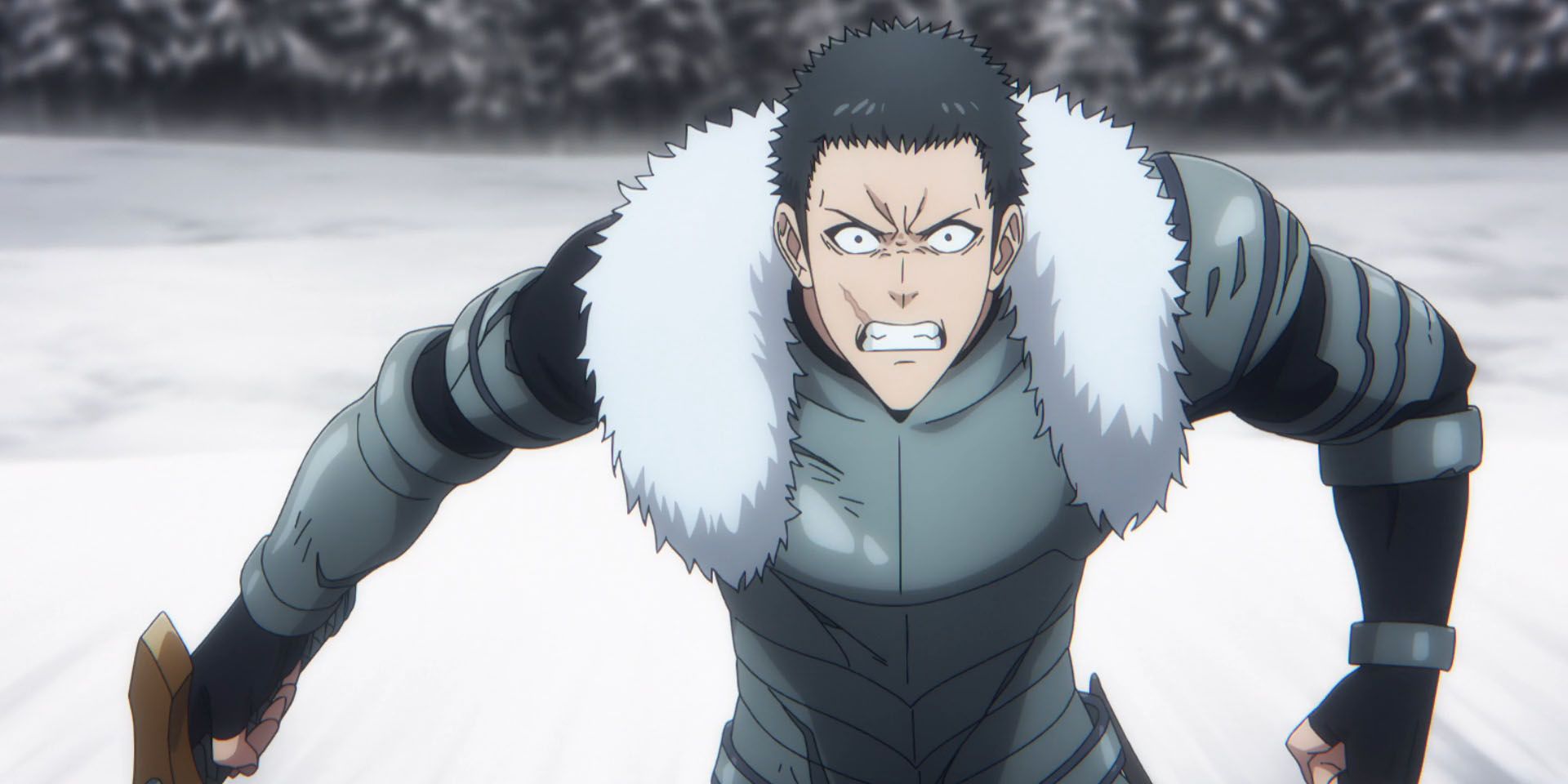
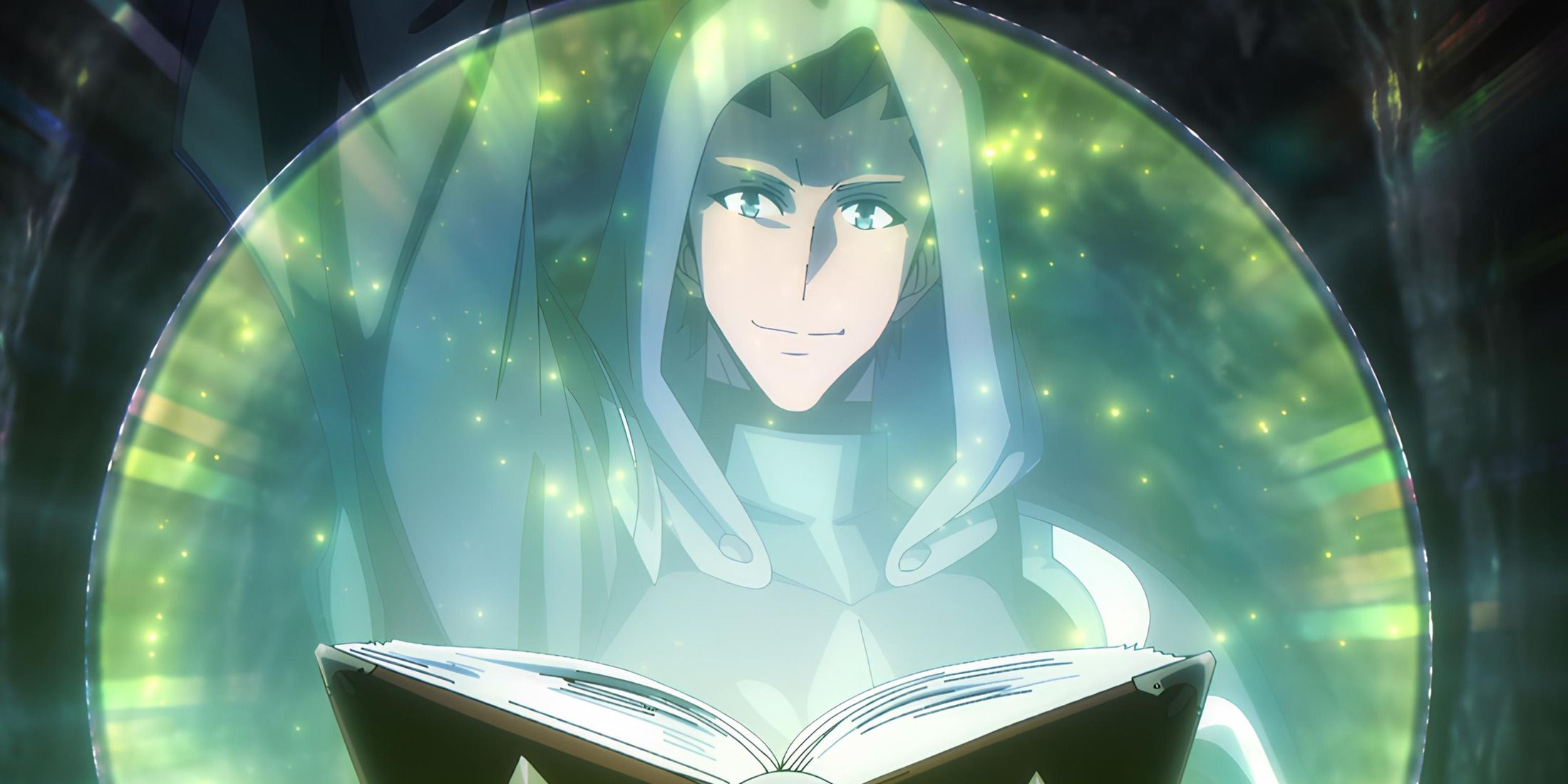
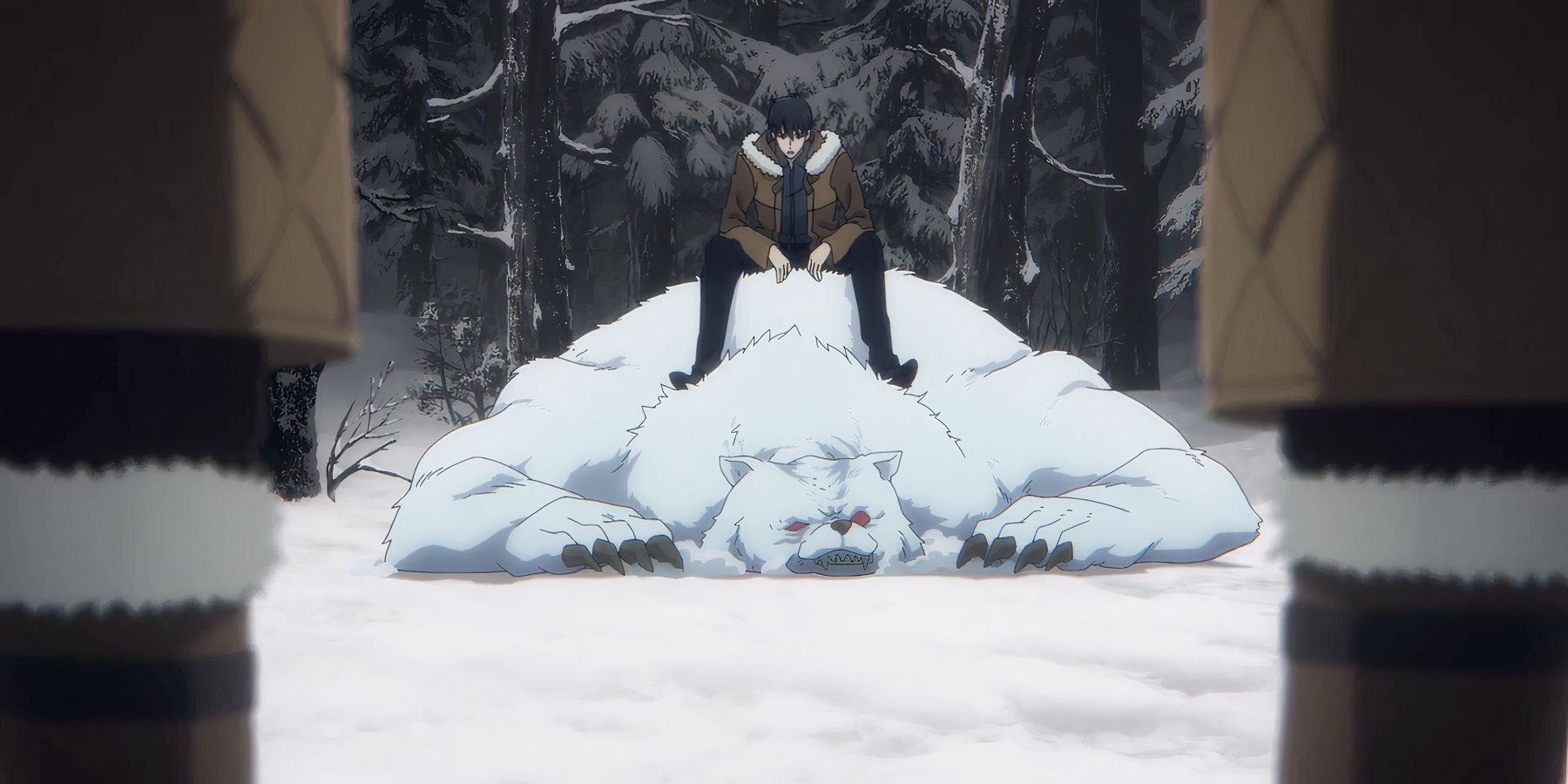



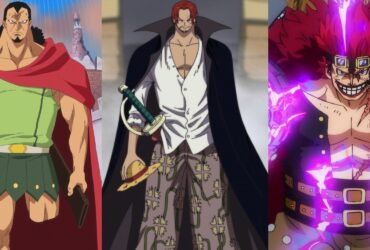

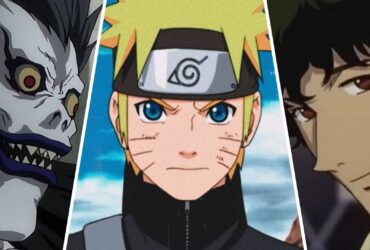
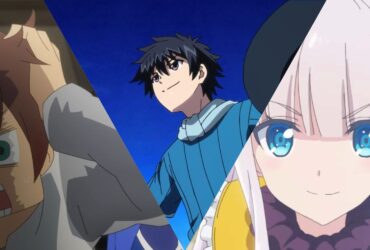


Leave a Reply